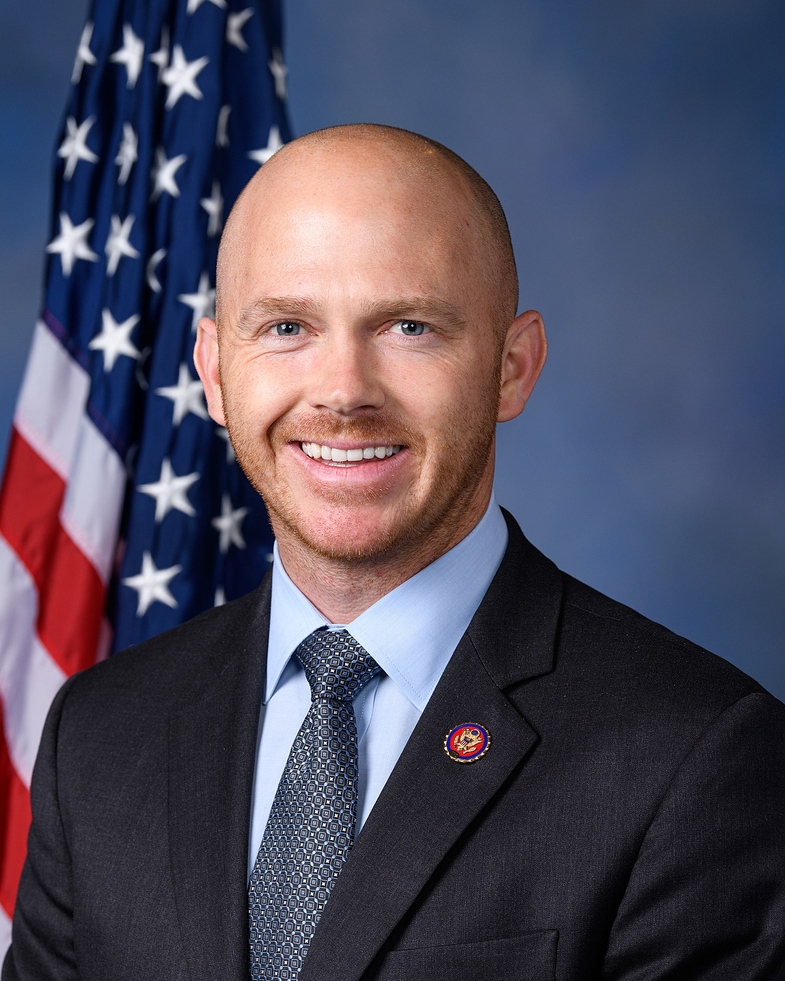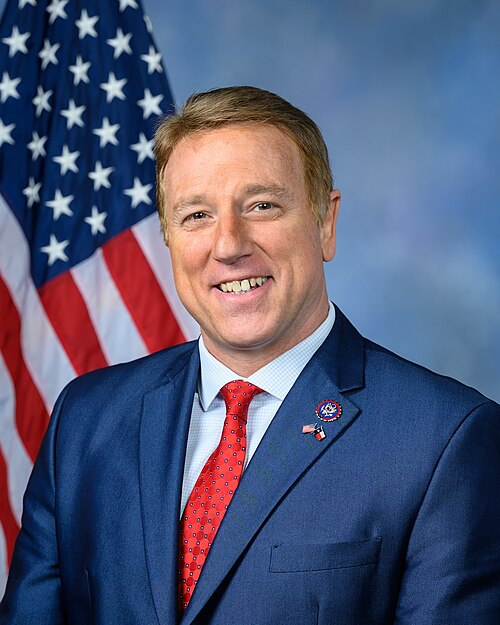H.R. 1755: Timely and Accurate Benefits Act
The bill titled the Timely and Accurate Benefits Act
seeks to improve the verification process for income used to determine eligibility for various federal benefit programs. Here’s a summary of key components of the bill:
Enhanced Income Verification Platform
The primary requirement of the bill is that states must procure and implement an Enhanced Income Verification Platform
to be eligible for federal funding related to certain benefit programs. States would have one year from the enactment of the bill to meet this requirement. This platform is intended to strengthen the verification of income by using automated data matching and analytics.
Eligibility for Covered Federal Benefit Programs
A covered Federal benefit program
is defined as any program administered by federal, state, or local governments that provides benefits based on individual or household income. Examples include programs that assess eligibility or benefit amounts using income data.
Definition of Enhanced Gross Income
The bill specifies what constitutes enhanced gross income
, which includes a comprehensive range of income types such as:
- wages and salaries from all forms of employment, including freelance and gig economy work
- unemployment compensation
- Social Security benefits
- Supplemental Security Income (SSI)
- interest and dividends
- rental income
- royalties
- child support and alimony payments
- cash assistance from government programs
- gifts and contributions
- distributions from trusts or estates
- any other available income sources, as determined by the Secretary of the relevant department
Automated Verification Features
The Enhanced Income Verification Platform will perform several functions to ensure accurate reporting of income:
- It will use real-time data matching and analytics to identify unreported or underreported income.
- It will allow access to deposit account transaction data, provided with the applicant’s permission, to verify income sources.
- It will identify any overlapping financial data to prevent double-counting of recorded income.
Implications for States
States must adapt to these requirements to continue receiving federal funds for programs reliant on income data to determine benefits. This may involve significant changes to their current verification processes and data management systems.
Relevant Companies
None found
This is an AI-generated summary of the bill text. There may be mistakes.
Sponsors
6 bill sponsors
Actions
2 actions
| Date | Action |
|---|---|
| Feb. 27, 2025 | Introduced in House |
| Feb. 27, 2025 | Referred to the House Committee on Oversight and Government Reform. |
Corporate Lobbying
0 companies lobbying
None found.
* Note that there can be significant delays in lobbying disclosures, and our data may be incomplete.
Potentially Relevant Congressional Stock Trades
No relevant congressional stock trades found.





